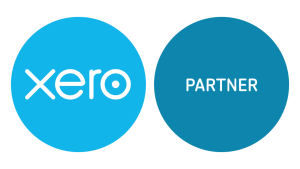What is VAT?
VAT (Value Added Tax) is a tax charged on the sale of services and goods to the consumers.
The basic rate of VAT is 20%. If for example the price of a good is £120, then £20 is the VAT which the business collects from the customer on behalf of HMRC.
Is the VAT registration compulsory?
You must register for VAT when:
- Your VAT-taxable turnover for the previous 12 months was more than £85,000. *Note the turnover is calculated on a rolling 12-month basis (the last 12 months from any given point) and is not based on turnover in a calendar year.
- Your VAT-taxable turnover is expected to exceed the £85,000 threshold within the next 30 days.
- Your business is outside the UK but supplies goods or services to the UK
However, you can also voluntarily choose to register your business for VAT.
What are the pros of registering for VAT?
- You can reclaim VAT on goods and services you bought.
- You will need to charge VAT to your customers. If you sell zero-rated products or services or if the amount you charge your clients is lower than the VAT you reclaim from your purchases, you can collect the VAT difference from HMRC.
- Your company looks more established and you earn respect and recognition. If you are not registered for VAT, then other companies will automatically know that your turnover is below the £85,000 threshold.
- When registering for VAT, you can reclaim VAT for goods you still use in the business for up to 4 years before registration and 6 months for services.
What are the cons of registering for VAT?
- You will need to charge higher prices to your clients. This will not be welcoming if the clients are not VAT registered and therefore cannot claim the VAT back (for example the general public or small businesses).
- If the VAT you charge to your clients is higher than the VAT reclaimed on your purchases, you will need to pay the difference to HMRC.
- You will have to maintain accurate VAT accounting records and submit quarterly VAT returns to HMRC which means extra administrative work.
Which VAT scheme should I use?
There are different VAT schemes depending on your circumstances:
- Flat Rate Scheme: you can join this scheme if your VAT-taxable turnover is less than £150,000 (excl. VAT). Under this scheme, you cannot reclaim VAT on your purchases (except of capital assets over £2,000), but you pay a set percentage of your turnover to HMRC. The percentage differ depending on your industry.
- Cash Accounting Scheme: Under this scheme, you only pay VAT to HMRC on income you actually received from your customers and you can only claim VAT on purchases paid during the quarter.
- Annual Accounting Scheme: Under this scheme, you only file one annual VAT return to HMRC (instead of quarterly returns). Advance payments need to be made throughout the year and the balance of any amount due or overpayment needs to be paid when the annual return is submitted.

